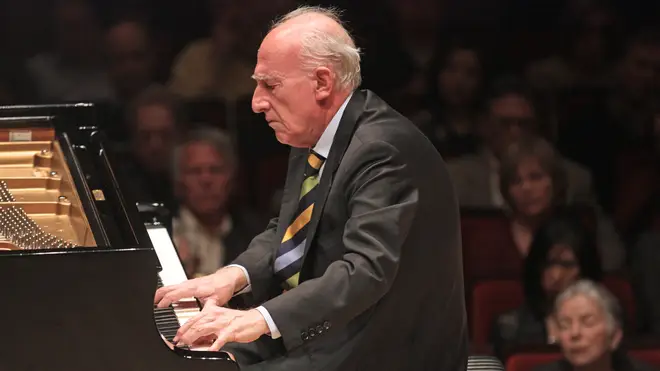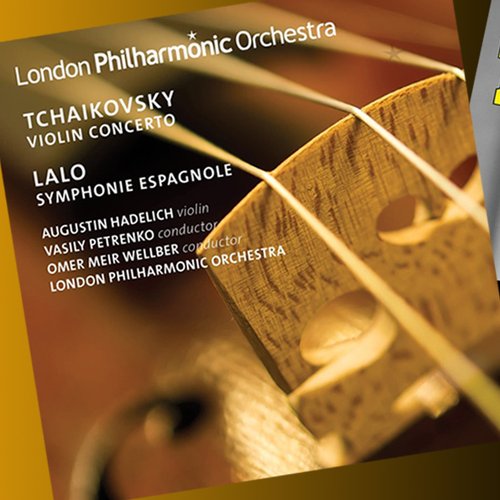Remembering the great Maurizio Pollini with this intensely beautiful final Beethoven sonata
23 March 2024, 22:42 | Updated: 23 March 2024, 22:51

A legendary artist, whose playing inspired generations of pianists, has passed away at the age of 82.
Listen to this article
One of the great pianists of our time has died. Maurizio Pollini was admired the world over for his deep, committed pianism and devotion to the composers he loved.
He was both in Milan in 1942. The pianist’s father, Gino Pollini, was a celebrated architect of Italy’s modernist movement. Maurizio started playing piano as a boy, winning prestigious competitions around Europe. Building on the modernist outlook that ran in the family, the pianist would go on to champion experimental works from 20th-century composers like Pierre Boulez and Stockhausen.
In the 1960s and 1970s, he found international fame and became regarded as one of the leading interpreters of the music of Beethoven and Chopin. As a pianist,he always brought out those experimental, innovative aspects of any work he played. He extensively recorded the works of these two composers over the past 40 years, producing what many regard as definitive performances.
In the final years of his life, Pollini returned again to the piano sonatas of Beethoven. This 2019 Munich performance of the German composer’s final sonata captures his artistry perfectly, where you feel Pollini was powerfully channelling the composer’s inner world. Watch Beethoven’s deeply felt and radical final movement, in the hands of the modern master below.
Read more: The 25 best pianists of all time

Maurizio Pollini - Beethoven: Piano Sonata in C minor, op. 111 (Arietta)
Pollini mixed art and politics. During the 1960s and 1970s, his left-wing ideals inspired artistic collaborations with composer Luigi Nono and egalitarian concerts for students and workers at Milan’s La Scala with conductor Claudio Abbado.
In 2007, he received the Best Instrumental Soloist Grammy Award for his recording of Chopin Nocturnes. Pollini was inducted into the Gramophone Hall of Fame in 2012.
At the Beethoven movement’s beautiful end, Pollini bows his head for the last chords. Even after the music ends, you can see his fingers hover for a second – almost as if the music will pick up again.
The audience then enters with rapturous applause, and the great artist receives it with his customary humble grace.
What an incredible pianist, whose tireless artistry will be much missed.


